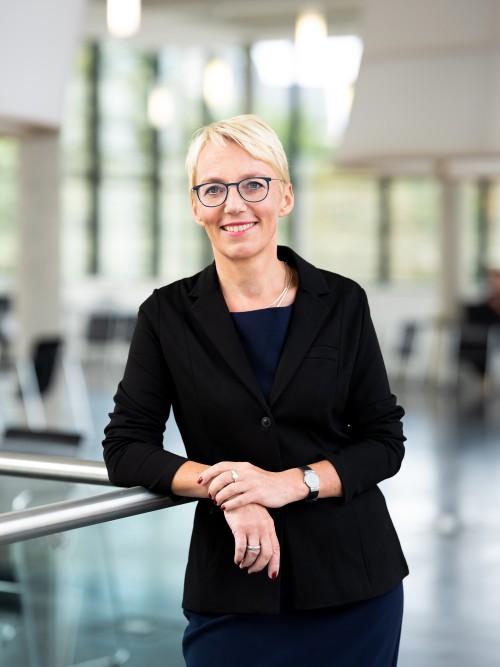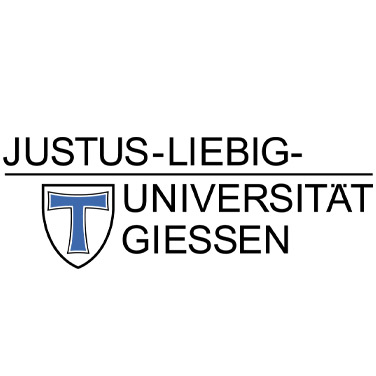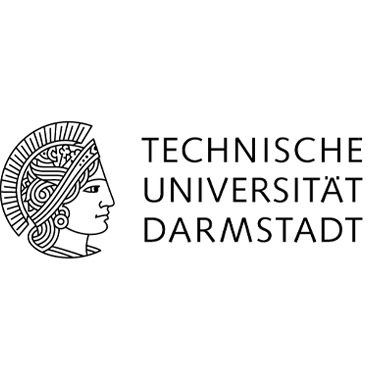
Excellence Strategy from the German federal and state governments
Two Clusters of Excellence for TU Darmstadt
Major success for TU Darmstadt as part of the Excellence Strategy of the German federal and state governments: the two projects “Reasonable Artificial Intelligence” (RAI) and “The Adaptive Mind” (TAM) in the fields of artificial intelligence and cognitive sciences are being funded as Clusters of Excellence.
Professor Dr Tanja Brühl,
President of TU Darmstadt
The success of two projects in the extremely competitive Excellence Strategy process is only possible through joint efforts – it is an impressive team achievement. Together, we will now realise the inspiring visions of RAI and TAM.

Picture: Katrin Binner
Reasonable Artificial Intelligence (RAI)
The Cluster of Excellence RAI under the leadership of the Technical University of Darmstadt is dedicated to the development of a new generation of AI systems based on the rational use of resources, data protection and continuous improvement. With four research areas, multidisciplinary teams are working on shaping the future of AI. Over the past decade, deep learning has enabled significant advances in artificial intelligence. Nevertheless, current AI systems have weaknesses, including a lack of logical reasoning, difficulties in dealing with new situations and the need for continuous adaptation. Last but not least, current AI systems require extensive resources. The Cluster of Excellence project “Reasonable Artificial Intelligence” therefore aims to develop the next generation of AI, “Reasonable Artificial Intelligence” (RAI).
The Adaptive Mind (TAM)
Researchers from the Centre for Cognitive Science at TU Darmstadt, among others, are contributing their expertise in the fields of cognitive science and artificial intelligence to this research cluster under the leadership of the University of Giessen. “The Adaptive Mind” investigates human behavior under changing external conditions – in some situations, people react through stability, in others through adaptation. A central question in the cluster is the balance between these strategies in the context of adaptive and learning systems. It is also about new approaches to understanding and computationally modeling human perception, thinking, decision-making, action and learning. The topic is relevant in many sciences – in the cognitive and neurosciences, in psychology, in learning robots or in the training of neural networks.
The “CoM2Life” project in the field of biomaterials, which was also submitted by TU Darmstadt in the competition, was not selected for funding as a Cluster of Excellence in the second round of the Excellence Competition.
About the excellence strategy of the federal and state governments
To further strengthen the international competitiveness of research at German universities, the federal and state governments have established the Excellence Strategy as a funding programme. The key objective of the Excellence Strategy is to strengthen top-level research in areas that are internationally competitive, to institutionally strengthen German universities, and to advance the development of the German higher education system.
To this end, the Excellence Strategy comprises two separate but intertwined funding lines. The “Clusters of Excellence” funding line, coordinated by the German Research Foundation (Deutsche Forschungsgemeinschaft – DFG) provides project-based funding for internationally competitive research areas at German universities. The “Universities of Excellence” funding line, coordinated by the German Science and Humanities Council (Wissenschaftsrat – WR), is designed to fund institutional strategies that promise to strengthen universities as a whole and create outstanding framework conditions for excellent research.
























